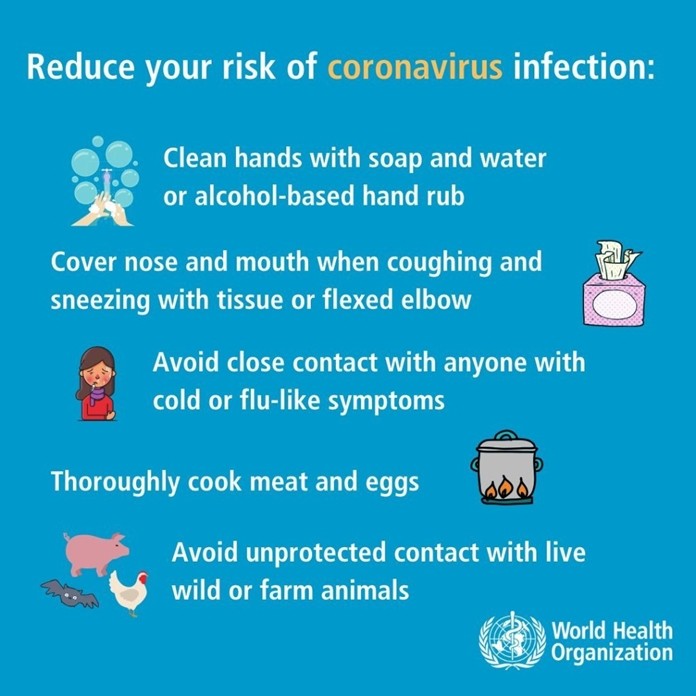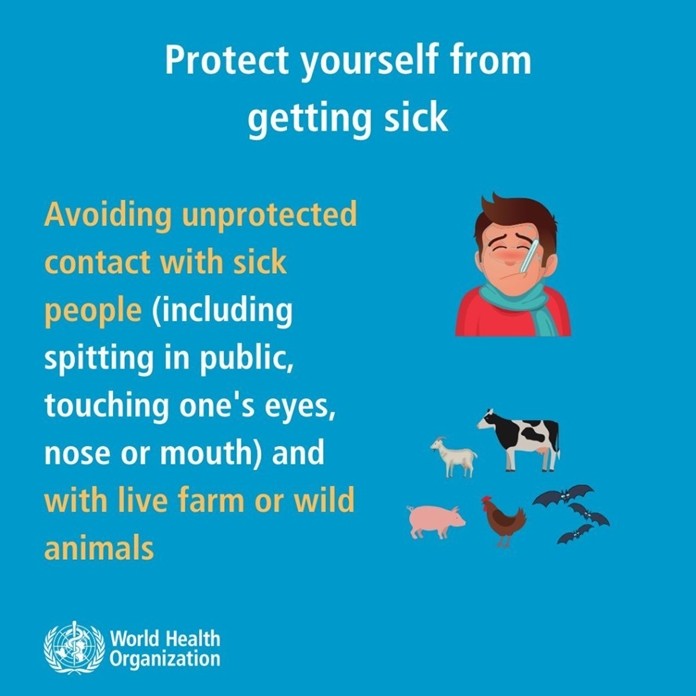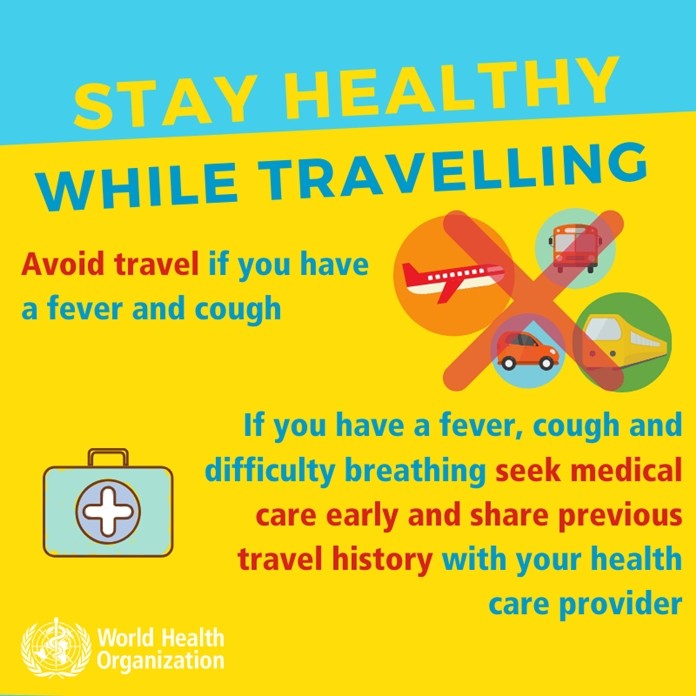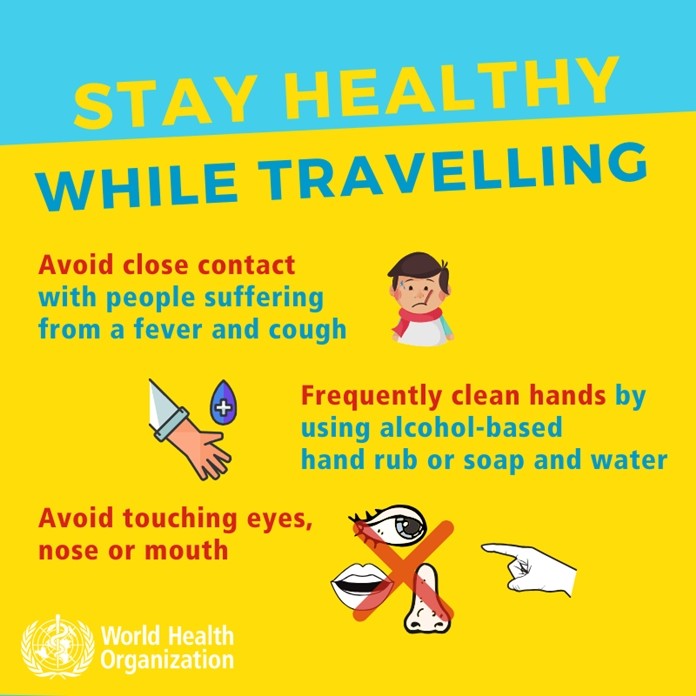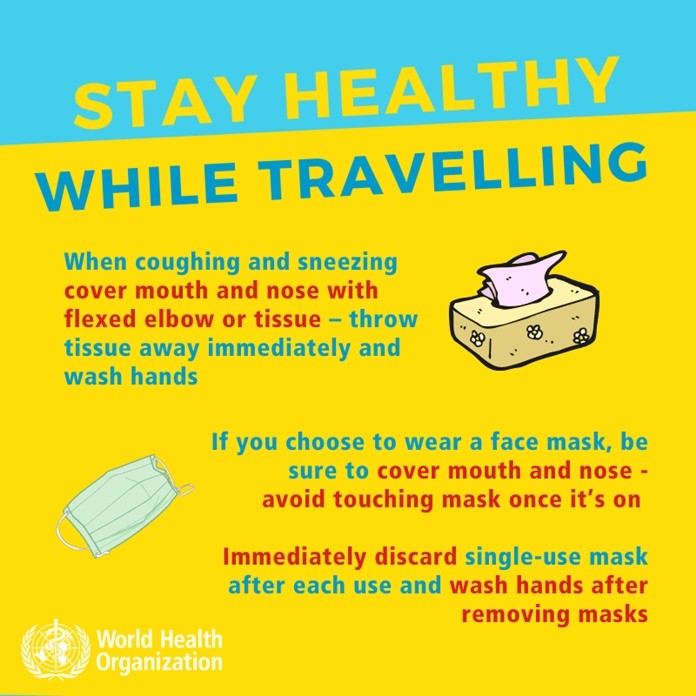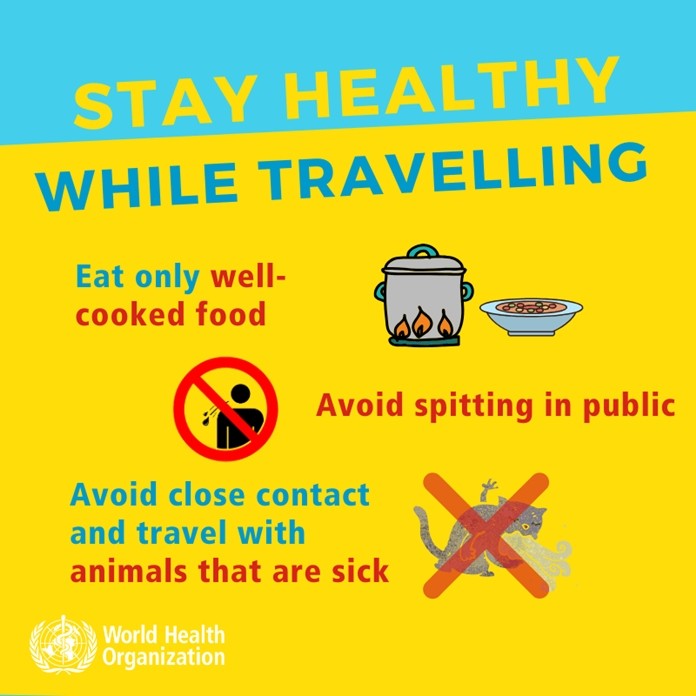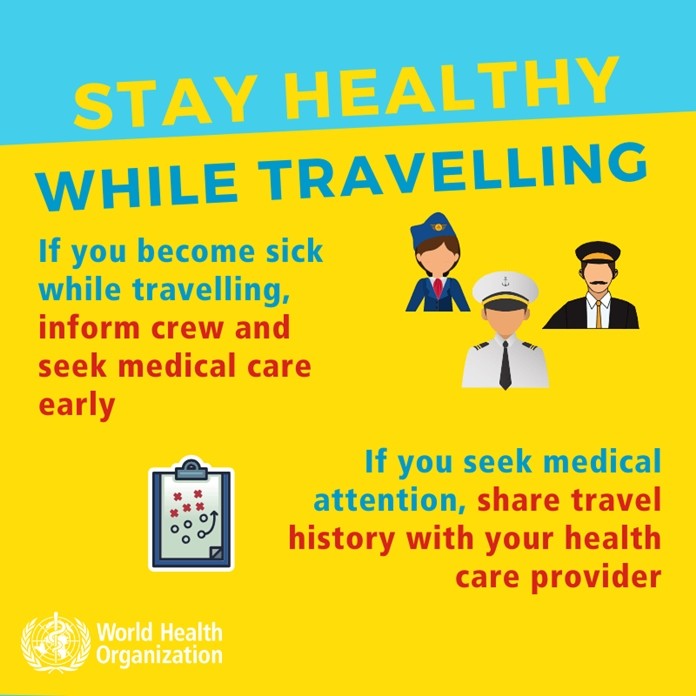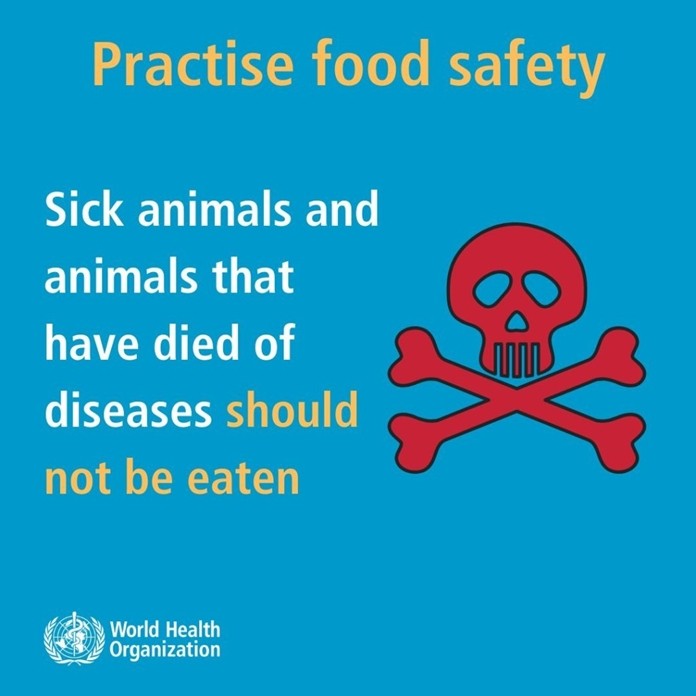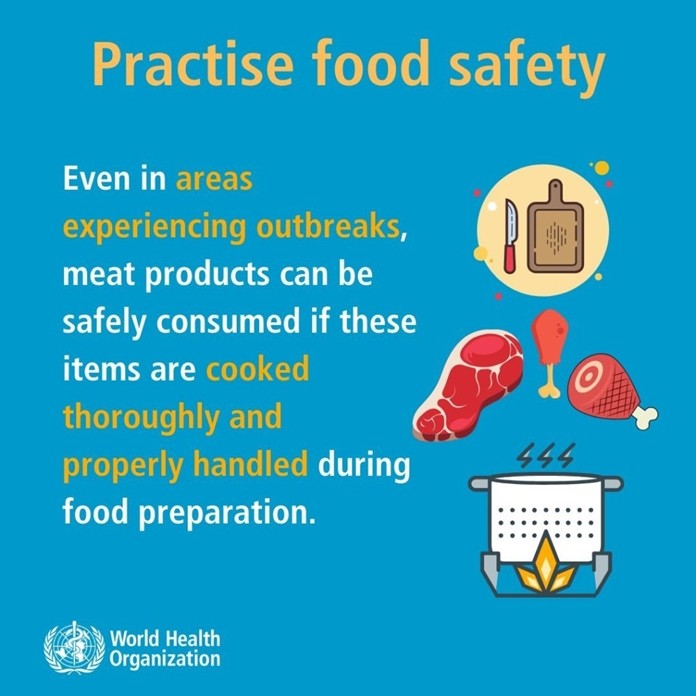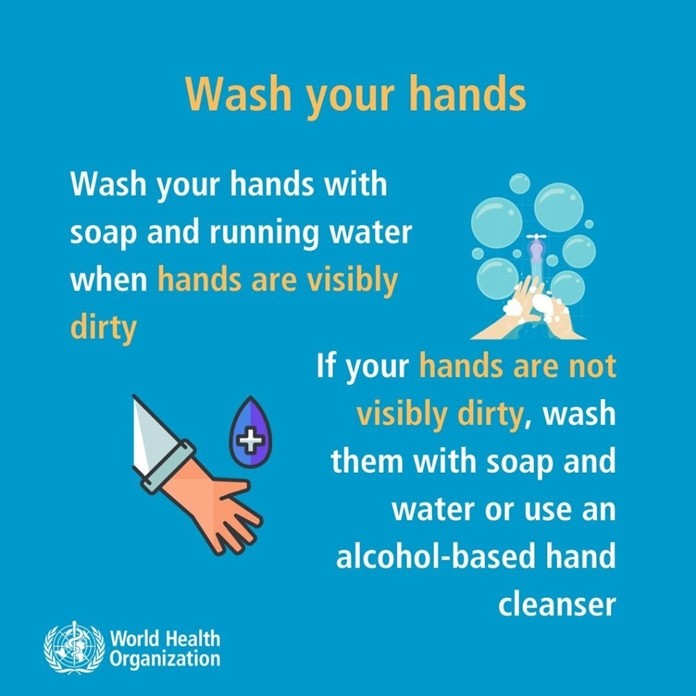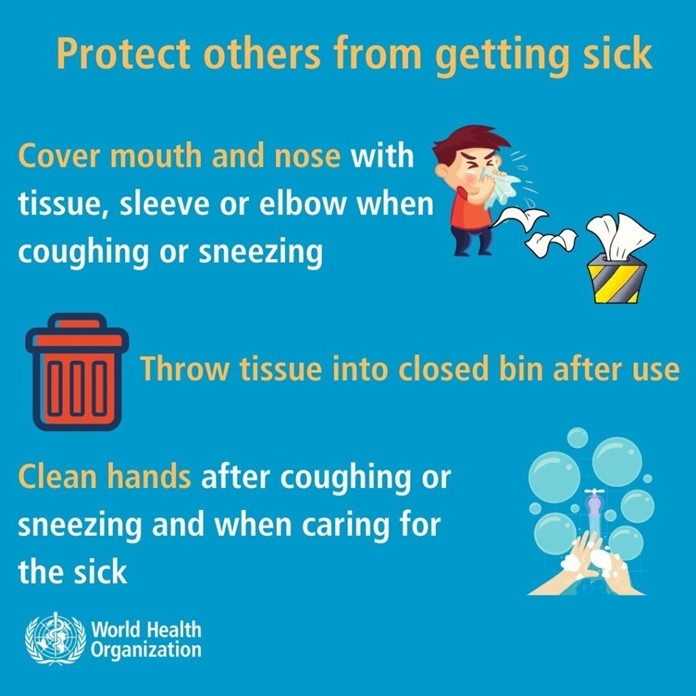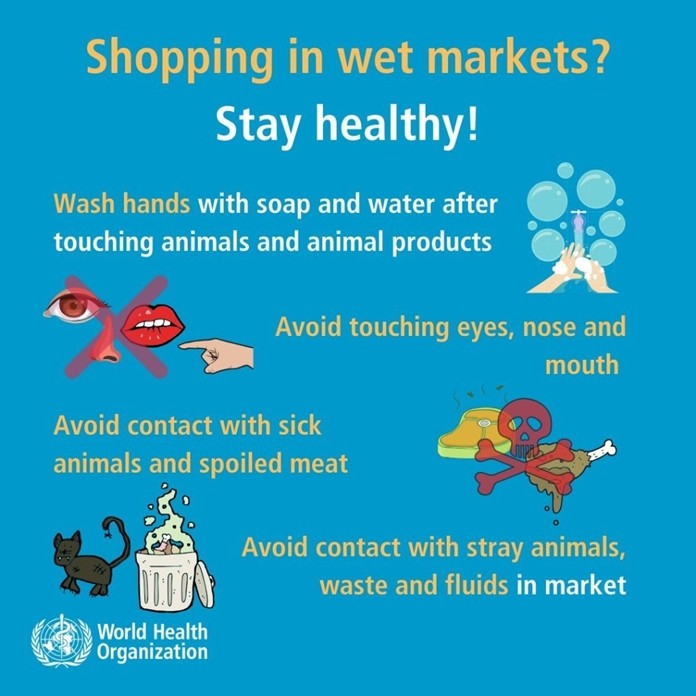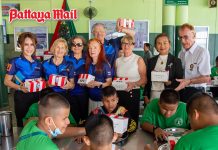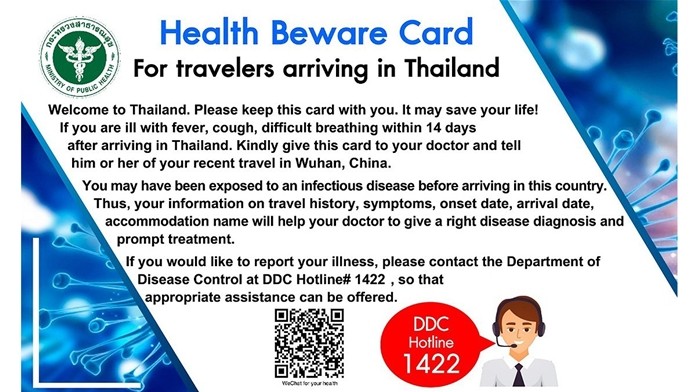
Tourists in Thailand to take precautions as necessary to reduce the risk of coronavirus infection by adhering to the health guidelines by the WHO and Thailand’s Ministry of Public Health.
Bangkok 2020 – The Tourism Authority of Thailand (TAT) would like to advise tourists and visitors in Thailand to take precautions as necessary in the wake of a reported outbreak of novel coronavirus (2019-nCoV).
The World Health Organisation (WHO) yesterday issued a statement regarding the outbreak of 2019-nCoV, following the meeting of the International Health Regulations (2005) Emergency Committee, which took place on Wednesday, 22 January and Thursday, 23 January. The meeting discussed the outbreak in the People’s Republic of China, with exportations currently reported in the Republic of Korea, Japan, Thailand, Hong Kong Special Administrative Region, Taipei Municipality, Macau Special Administrative Region, United States of America and Singapore (Click https://www.who.int/docs/default-source/coronaviruse/situation-reports/20200123-sitrep-3-2019-ncov.pdf to read the statement).
During the meeting, representatives of the Ministry of Health of the People’s Republic of China, Japan, Thailand and the Republic of Korea updated the committee on the situation in their countries. There have been increased numbers of reported cases in China, with 571 confirmed as of 23 January.
According to the WHO’s statement, it is expected that further international exportation of cases may appear in any country. It urged countries to be prepared for containment, including active surveillance, early detection, isolation and case management, contact tracing and prevention of onward spread of the 2019-nCoV infection, and to share full data with the WHO.
In Thailand, TAT would like to inform tourists and visitors that every effort has been made to prevent the outbreak in the country. Since 3 January, Thai health authorities have set up infrared thermo scan units at Suvarnabhumi, Don Mueang, Chiang Mai, Phuket and Krabi International Airports for round-the-clock screening of all passengers, especially from China.
Thailand’s Department of Disease Control (DDC) is also handing out a ‘Health Beware Card’ for travellers arriving in Thailand. The card reads, “Welcome to Thailand. Please keep this card with you. It may save your life! If you are ill with fever, cough, and/or have difficulty breathing within 14 days after arriving in Thailand, kindly give this card to your doctor and tell him or her of your recent travel in Wuhan, China.
“You may have been exposed to an infectious disease before arriving in this country. Thus, your information on the travel history, symptoms, onset date, arrival date, and accommodation name will help your doctor to give a right disease diagnosis and prompt treatment.
“If you would like to report your illness, please contact the Department of Disease Control at the DDC Hotline 1422 so that appropriate assistance can be offered.”
The DDC has also issued the “Alert code of Novel Coronavirus 2019 in Wuhan, China (Alert Level 1: General health care)” on its website (click: Novel Coronavirus 2019 Pneumonia), which provides information on 2019-nCoV, the current situation locally and internationally, and recommendations for international travellers.
Thailand has an effective surveillance and screening system for disease control thanks to extensive experience in dealing with medical conditions; such as, SARS, MERS, avian flu and others. If any suspected cases are identified, they will be immediately quarantined and subjected to further tests.
As well as the recommendations from the Ministry of Public Health, tourists and visitors can also follow the guidelines issued by the WHO. This includes the advice on how to “Reduce Your Risk of Coronavirus Infection”: clean hands with soap and water or alcohol-based hand rub, cover the nose and mouth when coughing and sneezing with tissue or flexed elbow, avoid close contact with anyone with cold or flu-like symptoms, thoroughly cook meat and eggs, and avoid unprotected contact with live wild or farm animals.
Other guidelines issued by the WHO include how to “Protect Yourself from Getting Sick”, “Staying Healthy While Travelling”, “Practise Food Safety”, “Protect Yourself and Others from Getting Sick”, “Protect Others from Getting Sick”, “Wash Your Hands”, and “Shopping in Wet Markets”, and “Staying Healthy.”
